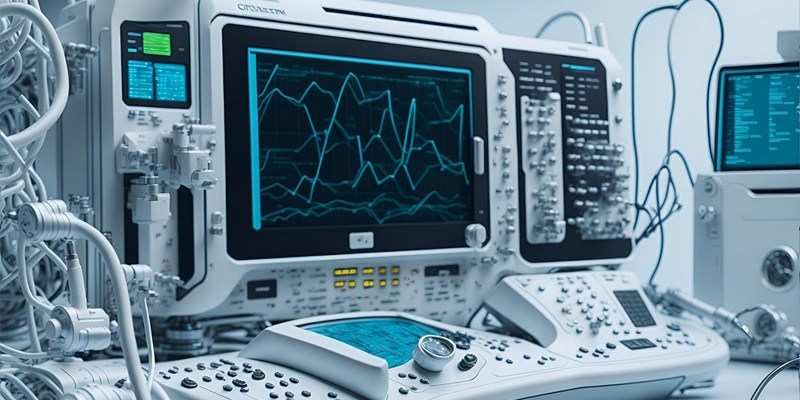Medical imaging plays a crucial role in accurate diagnosis and treatment planning, and with the advancements in artificial intelligence (AI), the field is poised for transformative change. One AI technology that holds immense potential in this domain is ChatGPT. With its natural language processing capabilities, ChatGPT has the ability to revolutionize the way medical professionals interact with imaging data, leading to improved diagnostic accuracy and enhanced patient care.
Understanding ChatGPT in Medical Imaging
Integrating ChatGPT into medical imaging systems allows healthcare professionals to have a virtual assistant that can understand and interpret medical images with remarkable accuracy. This integration empowers clinicians with an intelligent tool that can handle complex image analysis tasks and provide valuable insights.
Advantages of ChatGPT in Medical Imaging
One key advantage of ChatGPT is its ability to understand and generate natural language, making the technology accessible to a wider range of healthcare professionals. Regardless of their expertise level, medical professionals can leverage the power of ChatGPT to interpret complex imaging data.
Evidence-Based Recommendations
With the vast amount of medical literature and research available, ChatGPT can tap into this knowledge base to provide evidence-based recommendations. By learning from the latest findings, ChatGPT ensures that medical professionals receive informed suggestions for diagnosis and treatment planning.
Improved Diagnostic Accuracy
ChatGPT acts as a second pair of eyes, helping to identify potential abnormalities that may be missed by human observers. By analyzing images and offering real-time feedback, ChatGPT enhances the accuracy of diagnoses, ultimately leading to improved patient outcomes.
Complementing Human Expertise
It is important to recognize that ChatGPT should be seen as a valuable tool that complements the skills and knowledge of healthcare professionals, rather than replacing human expertise. The partnership between AI technology and human clinicians can enable a collaborative approach in healthcare, leveraging the strengths of both.
Time-saving and Enhanced Patient Care
By streamlining the process of analyzing medical images, ChatGPT saves crucial time for healthcare professionals. Faster image analysis means quicker diagnoses, allowing for prompt and appropriate treatment. This not only improves efficiency but also frees up valuable time for healthcare providers to focus on personalized patient care.
Streamlining the Analysis Process
By seamlessly integrating into medical imaging systems, ChatGPT analyzes images, identifies abnormalities, and provides real-time feedback. This streamlines the analysis process, reducing the burden on healthcare professionals and enabling them to make quicker and more accurate diagnoses.
Assisting with Rare or Complex Conditions
Rare or complex medical conditions often pose challenges in diagnosis and treatment planning. ChatGPT’s extensive knowledge base equips it with the ability to assist in accurate diagnosis and treatment suggestions, particularly in cases where expertise may be limited. This technology proves invaluable in handling intricate situations and ensures that patients receive the best possible care.
As the field of medical imaging continues to evolve, ChatGPT has emerged as a powerful tool with the potential to revolutionize healthcare practices. By improving diagnostic accuracy, providing evidence-based recommendations, and streamlining the analysis process, ChatGPT becomes an invaluable asset for medical professionals. This technology saves time, enhances patient care, and opens up new possibilities in the diagnosis and treatment of diseases. With its remarkable capabilities, ChatGPT is poised to play a pivotal role in advancing the way we approach medical imaging, ultimately benefiting both healthcare professionals and patients alike.

